Alaska Conservation Foundation awarded a record-breaking $4.1 million worth of grants in the year ending June 30, easily putting it among the state’s top 10 philanthropic institutions. The only public foundation in Alaska dedicated to protecting Alaska’s environment, ACF made a total of 159 grants to 62 groups across the state, from Anchorage to the village of Kwigillingok in the Bering Sea region.
“We’re proud of the vital conservation work performed by groups across the state, and that we were able to bring them record amounts of support,” says Nick Hardigg, executive director. “By taking care of our lands and waters, we can ensure that Alaskans can maintain the quality of life that we have enjoyed for generations.”
ACF grants helped win a preliminary key legal victory in the struggle to protect Bristol Bay, the world’s largest sockeye salmon fishery, from the proposed Pebble Mine. In a case pursued by grantee Trustees for Alaska, a court rejected the state’s claim that it can issue mine exploration permits without giving public notice or evaluating potential harm to the public interest.
Another area where ACF’s support played a key role is Alaska’s dramatic new commitment to expand renewable energy. By 2025, the state officially plans to get 50 percent of its electricity from renewable sources. Alaska’s comprehensive new energy policy also includes huge investments in energy efficiency programs. The state aims for 15 percent energy efficiency gains per capita by 2020.
“Bipartisan bills passed in the legislature this year make Alaska a leader in the nation’s transition to a clean energy economy,” says Hardigg. “That success was due to the hard work of many people including ACF grantees, and we’re proud to have played a key role in advancing solutions to long-standing problems.”
ACF also provides training for conservation groups and their leaders, to help them be more effective.
“Conservationists have great passion and expertise on issues, and they work incredibly hard,” says Vice-Chair Nancy Lord, “but many of them can use additional support to run a successful organization.”
To that end, this year ACF co-sponsored a week-long Environmental Leadership Institute. Thirty conservation leaders at the helm of critical conservation issues attended the rigorous training on strategic planning and campaign building.
ACF’s internship program, now in its 11th year, continues to attract emerging leaders. This summer, 26 enthusiastic and energetic interns, from Alaska and elsewhere, are gaining hands-on career experience in environmental protection while the extra staff power helps conservation groups stretch their limited budgets.
“ACF is a great partner—their support helps us to be a more effective organization and voice for Alaska conservation,” says Karen Max Kelly of the Northern Alaska Environmental Center. “They funded our national search for a new executive director, and enabled us to send our colleagues to a national conference on mining pollution. ACF is an important source of financial support.”
Individual philanthropists look to ACF to ensure their money is used effectively in Alaska. “I know that our contributions provide leverage to the conservation community where and when they are needed the most,” says Richard Monkman, a long-time supporter from Juneau, Alaska. “ACF is an effective catalyst for change across Alaska.”
“For 30 years ACF has played an important role supporting the Alaskans and the Alaska groups that are working at the front lines,” says ACF executive director Hardigg. “It’s their voice that is most important, and we work to empower it.”
Founded in 1980 by legendary Alaska conservationists Celia Hunter and Denny Wilcher, ACF is a public foundation dedicated to connecting philanthropists and foundations worldwide to Alaska’s grassroots conservation organizations. Over the past 30 years, ACF has made more than $33 million of grants to conservation causes in Alaska and has an endowment of $5 million.


